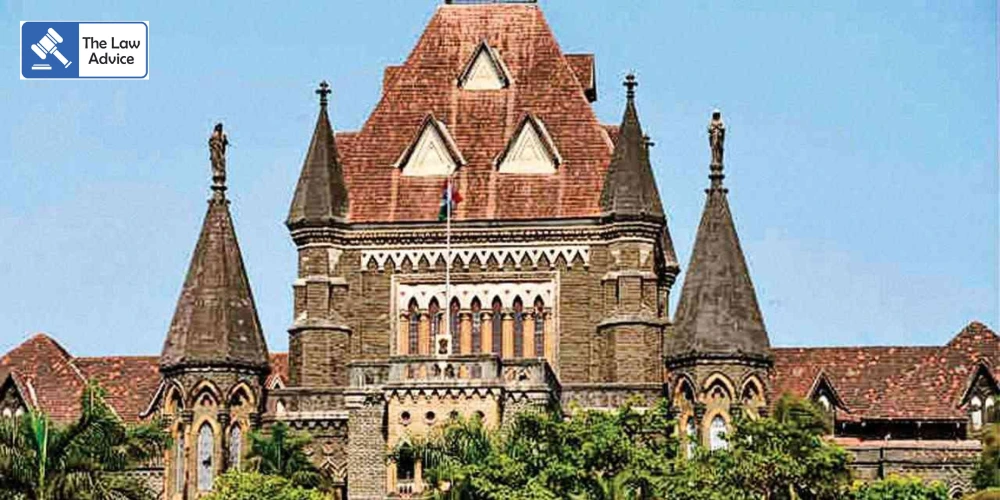
The Supreme Court Collegium, in its meeting held on 25th August 2025, has recommended the appointment of Justice Shree Chandrashekhar, currently serving as a Judge of the Bombay High Court, as the next Chief Justice of the Bombay High Court.
Justice Chandrashekhar is set to succeed Chief Justice Alok Aradhe, who will retire upon attaining the age of superannuation in April 2026. With this recommendation, the Collegium has signaled continuity of seniority and judicial experience in the leadership of one of the country’s busiest constitutional courts.
Born in May 1965, Justice Chandrashekhar pursued his legal education at the Campus Law Centre, University of Delhi, completing his LL.B. in 1993. He enrolled as an Advocate with the Delhi State Bar Council in December the same year.
Justice Chandrashekhar began his legal practice in Delhi, working on both the civil and criminal sides. Over nearly 19 years at the Bar, he appeared in around 3,500 cases across different forums, including a substantial number before the Supreme Court of India. His courtroom advocacy left an imprint in at least 140 reported judgments of the Supreme Court where he represented clients as counsel.
Judicial Career and Elevation
He entered the higher judiciary in January 2013, when he was elevated as an Additional Judge of the Jharkhand High Court. In June 2014, he was confirmed as a Permanent Judge of the same court.
Justice Chandrashekhar also briefly held the responsibility of acting as the Chief Justice of the Jharkhand High Court, serving in that role from 29 December 2023 to 4 July 2024.
In the course of his judicial career, Justice Chandrashekhar has served across multiple jurisdictions. He was transferred to the Rajasthan High Court in July 2024 and subsequently to the Bombay High Court on 20 July 2025, where he presently serves as the senior-most judge after the incumbent Chief Justice.
If formally appointed and sworn in, Justice Chandrashekhar will serve as Chief Justice of the Bombay High Court until his retirement on 24 May 2027. His tenure is expected to oversee important administrative and judicial functions in a court that handles some of the heaviest caseloads in the country, ranging from commercial disputes to constitutional and criminal matters.
The recommendation reflects the Supreme Court Collegium’s policy of seniority-based elevation while also considering the judge’s wide-ranging judicial experience. Justice Chandrashekhar’s career trajectory—spanning Delhi’s advocacy circuit, Jharkhand, Rajasthan, and now Bombay—positions him to bring a diverse perspective to the Chief Justiceship.
With this move, the Collegium has ensured a smooth succession plan for the Bombay High Court, which is often regarded as a critical feeder for future Supreme Court appointments.
Website designed, developed and maintained by webexy